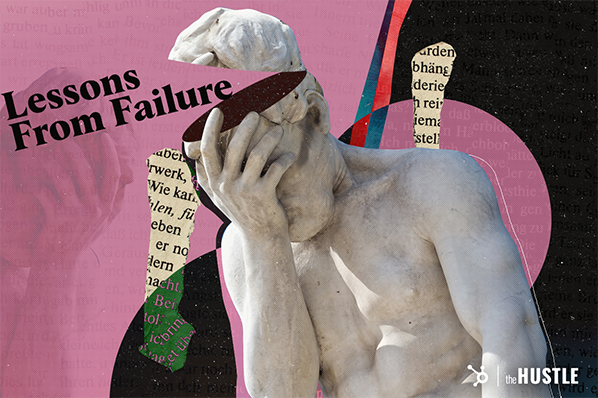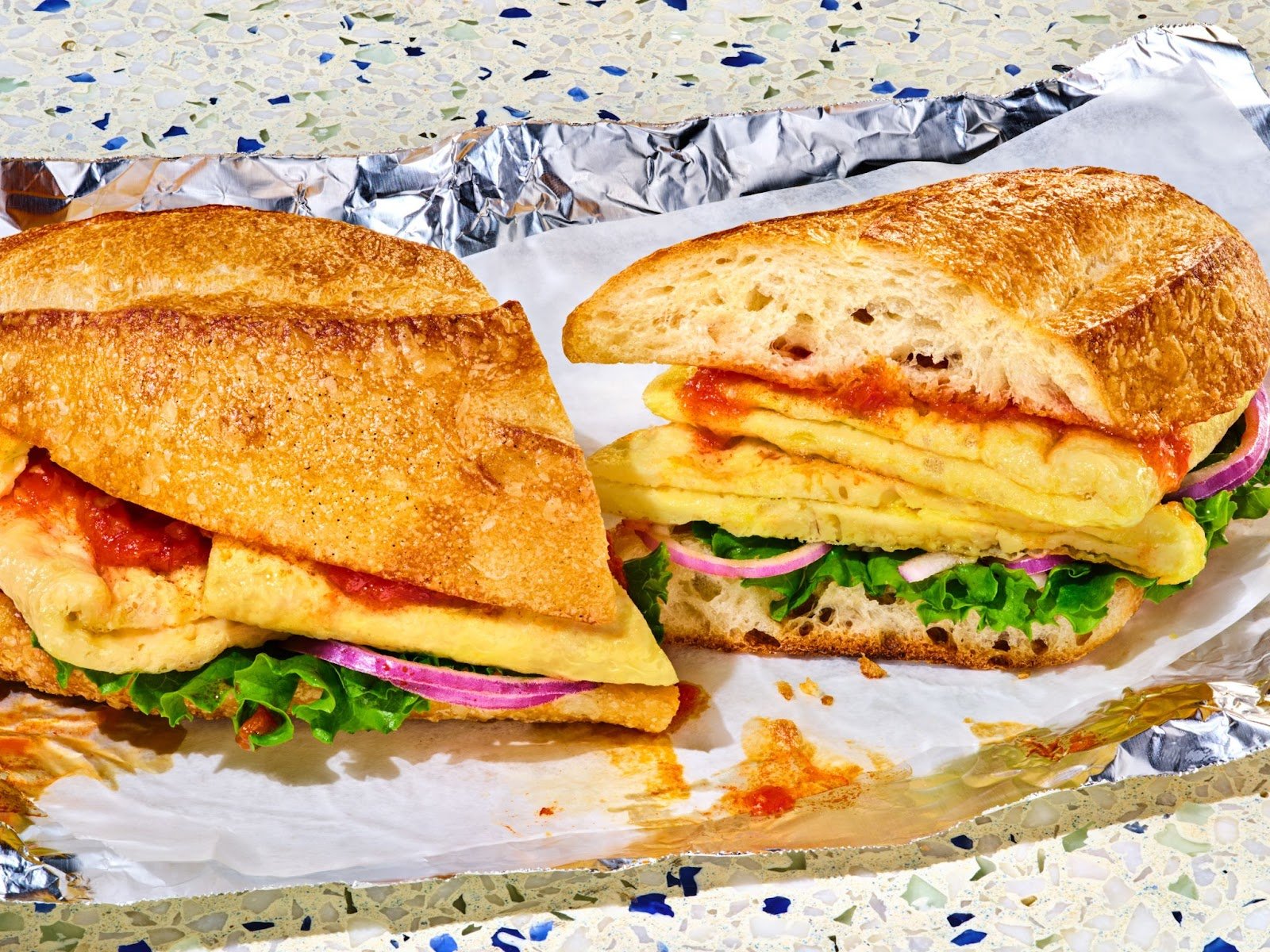You're at a crowded, noisy party when suddenly you hear someone across the room say your name despite all of the commotion.
.png?width=524&height=393&name=personalized%20(1).png)
That's the Cocktail Party Effect: an auditory and psychological phenomenon where people are able to tune out the chaos around them when something familiar or personal is mentioned.
That same effect comes into play when you receive two bottles of shampoo in the mail, one with your name and specifications written on the label and the other with generic branding. You might just find yourself more drawn to the bottle with your name.
Personalization is a powerful marketing tactic that taps into our psychology and is increasingly being used by brands in the skin care and beauty industry to stand out.
In one study, 93% of companies with an advanced personalization strategy saw revenue growth, while only 45.5% of companies without personalization saw equivalent growth. Companies with ROI of 2x or more reported personalization making up at least 20% of their marketing budget.
"The information that's relevant to us, we pay attention to," says Jennifer Clinehens, managing director at educational and consulting firm Choice Hacking. "Customers have come to expect personalization in places like Amazon or Netflix, but when people go into Sephora they want the same experience they don't care that you're in beauty and not tech."
And the beauty sector is fulfilling that desire with an increasing number of brands offering everything from tailored shampoo and conditioner to skin and hair oils.
For Proven, a customized skin care company, personalization is the crux of the business model. Customers take a skin quiz before receiving a three-step skin care regimen in the mail, formulated especially for them.
"Consumers are feeling stuck when they try thousands of products that people claim are guaranteed to work, but don't," says Proven's co-founder and CEO Ming Zhao. "With the growing popularity of personalization, consumers are going to continue leaning into products that are centered specifically around their skin care concerns and needs."
And so far, the strategy has worked: Proven's sales grew by 56% year over year in 2022, and the company has served more than 150k customers thus far.
Other players in the beauty and skin care industry are building products and companies around the concept of customization. Function of Beauty offers personalized hair care and acquired Atolla, a personalized skin care company, in 2021. The parent brand brought in a reported $12m in revenue in 2021.
Offering up another customized hair care solution is Prose, with products that quite literally have your name on them. For skin care, Skin Inc., Curology, The Buff, and Apostrophe are all mixing up tailored formulas for customers, from acne cures to oils.
As to why the beauty industry is at the forefront of customization, Deidre Popovich, associate professor of marketing at Texas Tech University, says customers become attached to skin care and beauty products that work for them, making repurchasing more habitual.
Popovich also points out that today's customers are well informed about the data-gathering techniques of the companies they buy from, but that the expectation is now that the data will be used to provide them with a better product and experience.
"If companies can use that data to personalize their offers and messages to consumers, then consumers will feel the trade-off was worth it," she says.
That thinking leads to rising demand for brands to personalize experiences and products: One report showed that 71% of consumers expect companies to deliver personalized interactions, and 76% get frustrated when this doesn't happen.
And, Popovich says, making data-informed decisions when creating and marketing products can help brands build loyalty long term:
Consumers form relationships with brands just like they do with people. Brands that can say they understand the customers' wants and desires better than their competitors will have an advantage in building those relationships.
It's not only the formulas and packaging that make consumers feel heard, but also the customization process itself. Most personalized beauty brands follow the same model: Potential buyers visit the site, are prompted to take a quiz where they give information about their preferences and needs, and are guided through the purchasing process.
Both Popovich and Clinehens point to the Ikea Effect when discussing the process of having a customer create a product themselves. Named for the furniture giant, the Ikea Effect is a cognitive bias where people value items more if they've played a role in making them.
After spending 5-10 minutes on a quiz, and choosing formulations, packaging, and product colors, the bias comes into play to make customers feel increased loyalty to the product and the brand.
For Ming, this level of personalization is the obvious course for any successful beauty plan. "As more consumers learn about personalization, they will begin to demand it from all of the brands they engage with," she says. "We would never utilize a one-size-fits-all medicine to help cure our body of an ailment, so why would we do that for our skin?"
While it might be better for our bodies, it's our minds that crave personalization and seek it out from brands. The marketing tactic is merely echoing a deeper psychological need for consumers.
"We all want to be seen and heard and validated," says Clinehens. "Brands can do that for us, too."
.jpg?width=48&height=48&name=IMG_2563%20(1).jpg)

-1.png)

.png)


.png)


![Drive Revenue in 2023 With These Six Social Media Strategies [Data + Expert Insights]](https://20627419.fs1.hubspotusercontent-na1.net/hubfs/20627419/Imported_Blog_Media/Social%20Networking-72_Artboard%201.png)